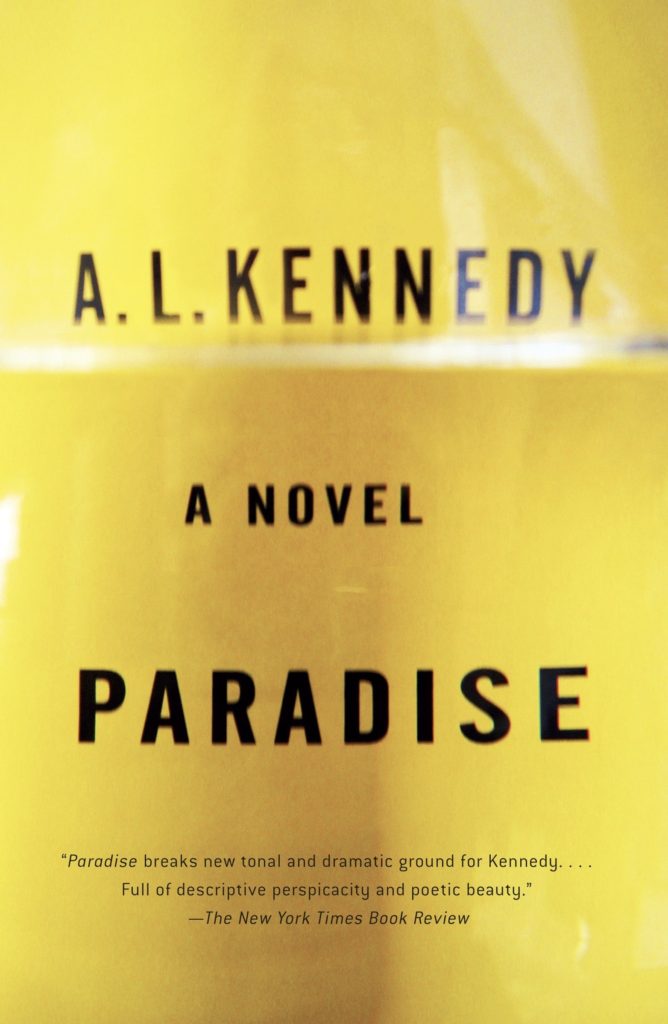 Paradise is the confessional of Hannah, an alcoholic whose time-slips and blackouts have made her job as a fruit box saleswoman impossible. She loses her company car and job, and sets about getting drunk yet again. The book opens with Hannah having had blackout sex with an unattractive man in a hotel by an airport she doesn’t remember flying into. This loss of memory pounds her story into a confusing mess of grasps at acting sober in front of “other people:” non-alcoholics, such as her lovely suburban mum and the new posh neighbour, for example. When we glimpse her family, it’s plain that Hannah has been here before, and that maybe those around her are getting fed up with her cycles of addiction. She’s nearing the end of anyone who loves her having patience for her collapses.
Paradise is the confessional of Hannah, an alcoholic whose time-slips and blackouts have made her job as a fruit box saleswoman impossible. She loses her company car and job, and sets about getting drunk yet again. The book opens with Hannah having had blackout sex with an unattractive man in a hotel by an airport she doesn’t remember flying into. This loss of memory pounds her story into a confusing mess of grasps at acting sober in front of “other people:” non-alcoholics, such as her lovely suburban mum and the new posh neighbour, for example. When we glimpse her family, it’s plain that Hannah has been here before, and that maybe those around her are getting fed up with her cycles of addiction. She’s nearing the end of anyone who loves her having patience for her collapses.
What is interesting is that if Hannah were a male character, the book would not be so desperate and immediate. It is this genderless addiction worn on a small woman that makes it so hard to swallow. A hard-drinking Scotsman stumbling from a girl’s bed to another would be sad, but not as compelling. Hannah longs for a normal life with a boyfriend and a job. When she does meet someone, a dentist named Robert Gardener, it doesn’t take long for the reader to realise that they have met in her world, and therefore Robert too is an alcoholic, albeit a high-functioning one. When they consider that they are sort of in love, they decide on a jolly in Dublin, the obvious fact of a weekend in Dublin lost on them and not: while part of their romance pushes them to stop drinking, the very fact they are together accentuates their addiction, and the weekend in Dublin becomes a new low for them, a kind of drinking Hell.
Attempts to visit rehab in Canada, strangely the same facility, force them closer, scuppering any chance for success. The book presents an unapologetic addict who has convinced herself she likes drinking most of all. She enjoys going to “the” bar and drink with the old soaks there, even if they are not good people. All they have in common is drinking, and that’s their whole world, and the men treat Hannah as one of the lads. Her gender is left aside. Even Robert seems to treat her more as a drinking partner, with sex part of the deal, but certainly not the focus of their relationship. They see their drinking as their way “to ascend”. The choice of words here relates to Heaven, and maybe that’s the point – who are we to judge what is Heaven/Paradise to them? Are we allowed to?
AL Kennedy forces this concept on us without asking our permission, and forces us to live through it. As the book goes on, the narration falters, and Hannah becomes tripped out and fragmented, leaving it unclear as to what is real and what is not, nursing a serious head injury from a drunken incident and anaphylaxis probably due to alcohol poisoning. Hannah certainly doesn’t escape herself in any scenario she presents. In Hannah’s version of Paradise, Robert and Hannah are tucked up together in bed, digging in to another drink, sure they are in love, egging each other on.
This book is a romance novel of a kind. It’s also a study in being a woman who doesn’t want to be the stereotype – she points out she could never be a woman like her dainty mother. Mainly, it’s about how easy it can be to escape into addiction, and what that life is like once an addict accepts their lot. What is always striking in AL Kennedy’s books is the lack of attention to gender. Kennedy recognises the mind as genderless, and Hannah is voiced tough, pragmatic, and facetious. She may be self-aware too, but unfortunately by the time we meet her she is too far gone to be able to come back easily, if at all. It’s all about firefighting at this point, and that’s something she’s unapologetic about, even when she hurts those around her, such as her brother and his wife. Nobody is going to get a sorry. If this book was slapped hard in the face, it would probably laugh.
Available At

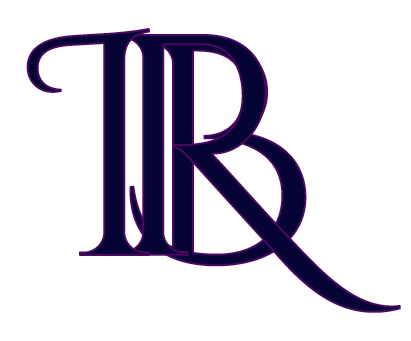
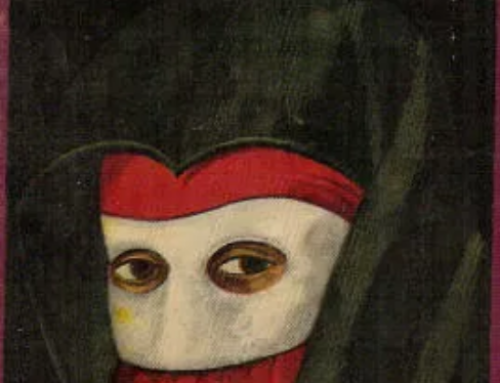
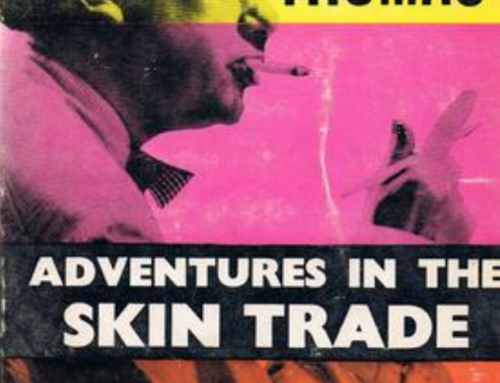
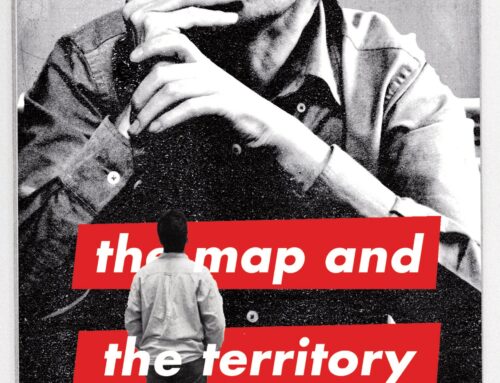
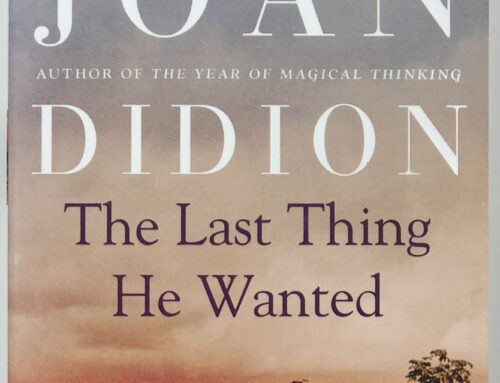
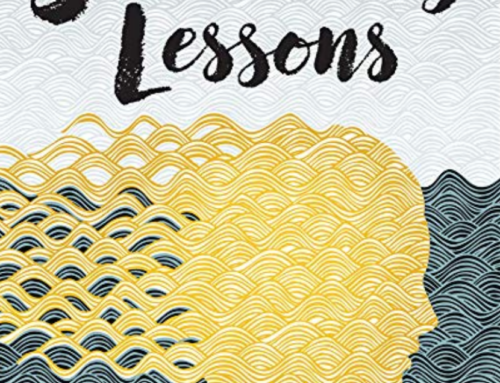
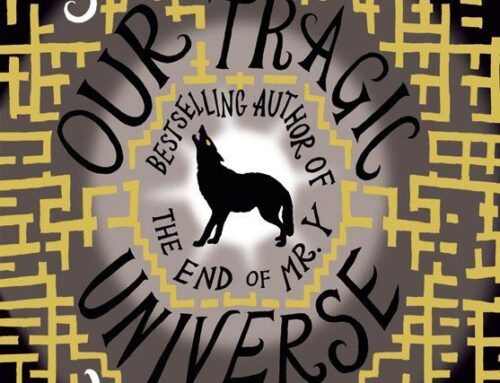
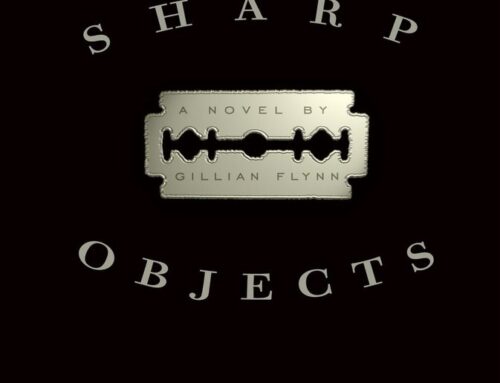
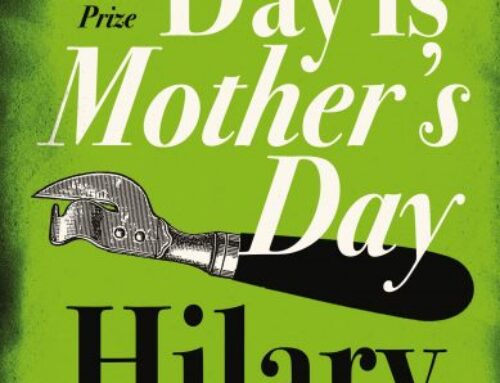
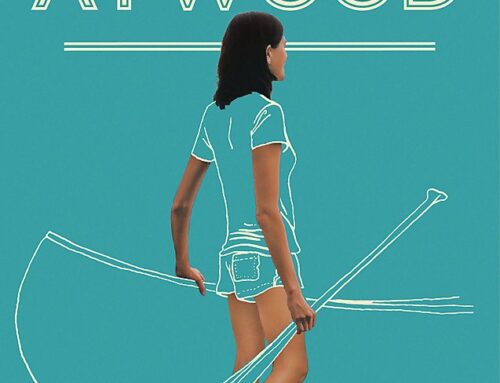

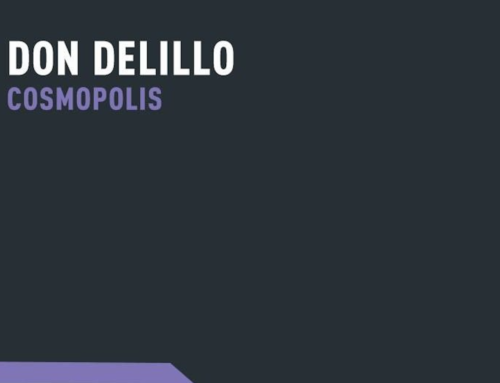
Leave A Comment